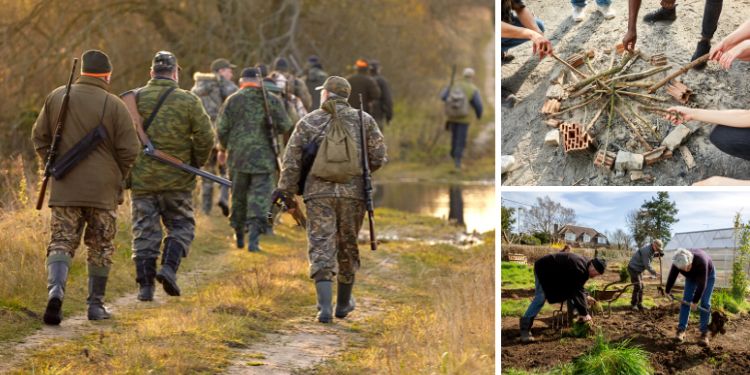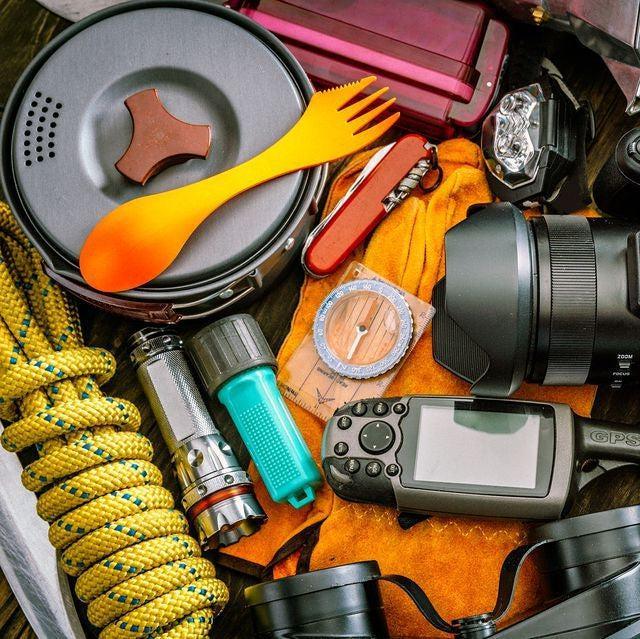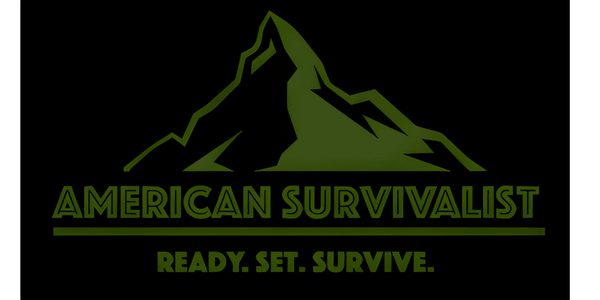
How To Start A Prepper Group In Your Community
Share
In any SHTF (Sh*t Hits The Fan) scenario, the adage "there is strength in numbers" rings truer than ever. Survival becomes a far more attainable goal when you have allies to share the load. That's why forming a prepper group is a prudent step for ensuring you have a dependable support system in place during challenging times.
When it comes to recruiting members for your prepper group, your inner circle of close friends and family is the ideal place to begin. However, it's important to acknowledge that not everyone in your immediate network may share your prepping mindset.
In the event that your loved ones aren't preppers, it becomes necessary to broaden your horizons and make new like-minded friends who can contribute to your survival network.
Initiate Conversations
Start by casually incorporating prepping into your discussions with neighbors or acquaintances. A good way to segue into this topic is by referencing recent natural disasters featured in the news. From there, you can smoothly shift the conversation towards potential disasters specific to your region and discuss your own preparations.

This is also an excellent opportunity to mention the importance of FEMA and the federal government's recommendation for a 72-hour emergency kit. You can offer assistance in setting up such a kit and even contribute some surplus gear you might have on hand.
If the people you engage with show interest and begin preparing for short-term emergencies, you can gradually encourage them to contemplate longer-term scenarios. The news is a valuable ally in driving home the significance of these preparations. Neighbors who develop 72-hour kits might not instantly qualify for your prepper group, but those who take prepping seriously could eventually become ideal members.
Stay vigilant and observe their progress in their prepping journey, so you can identify the right moment to extend an invitation to your group.
Seek Prepping-Adjacent Hobbies
Many hobbies align with the prepper and survivalist mindset, making them excellent hunting grounds for potential group members. Some examples of prepping-adjacent hobbies include shooting, ham radio operation, canning, hunting, food preservation, camping, backpacking, and overlanding.

It's highly likely that if you have an interest in any of these hobbies, other preppers in your community share the same passion. All it takes is some friendly conversation to introduce the subject of prepping. After identifying individuals interested in prepping, assess whether they possess the qualities and skills that align with your group's objectives.
Conversations About Prepping
When evaluating potential group members, engage in discussions about preparedness and inquire about their prepping endeavors. Be cautious about disclosing too much sensitive information. While you want to convey your commitment to prepping, you should avoid revealing the full extent of your preparations.
Keep in mind that dedicated preppers are often cautious about sharing the complete details of their preps as well. Building trust and relationships over time is crucial for sharing such confidential knowledge.
During these conversations, try to assess the following:
- Survival skills
- Temperament
- Morals and values
- The focus of their prepping efforts
- Interest in joining a prepper group
- Their profession and the skills they can contribute
- Relevant training they might have undergone

It's advisable not to divulge your intentions of forming a prepper group too early. Keep your interactions light and friendly until you have a solid understanding of each individual's suitability.
Selecting the Right Members
The key to forming a successful prepper group is assembling a team with diverse skills and training that can benefit the collective. A well-rounded group will ensure that each member can teach others valuable skills, fostering a culture of continuous learning and preparation.
Consider recruiting individuals with backgrounds in search and rescue, law enforcement or military experience, medical professionals, tradespeople, amateur radio operators, mechanics, and bushcraft experts. A balanced mix of skills is crucial, but interpersonal compatibility, teamwork, and the ability to learn from one another are equally important.
Before formally establishing your prepper group, arrange social activities or events where potential members can interact and gauge how well they work together. Compatibility is essential for the group's cohesion and effectiveness during an SHTF scenario.
Formation of Your Prepper Group
Once you've identified individuals you'd like to include in your group, gather everyone together and determine the group's purpose. It could involve resource-sharing, mutual aid, or having access to a designated bug-out location where supplies can be stored.
Select a leader for your group, as having clear leadership is essential, especially during emergencies. Develop standard operating procedures (SOPs) and outline expectations for all group members. Document and have everyone agree to these guidelines.
While this may seem like a lot of effort, taking your prepper group seriously is essential to ensure it remains a reliable support system.
Collaborate as a Team
After your prepper group is established, regular meetings, training sessions, and practice scenarios are critical for preparedness. Without consistent training, your group won't be adequately prepared for real SHTF situations.

If your group has a designated bug-out location, practice runs to that location are vital to ensure everyone can reach it efficiently. Test and refine any procedures or plans you've developed to increase their effectiveness during emergencies.
The frequency and timing of your training will depend on your members' schedules, but strive to practice as often as possible.
Forming a prepper group is a substantial commitment, but the effort you invest will pay off when disaster strikes. This network of like-minded individuals ensures you'll have the support and resources needed to weather challenging times successfully.


